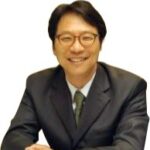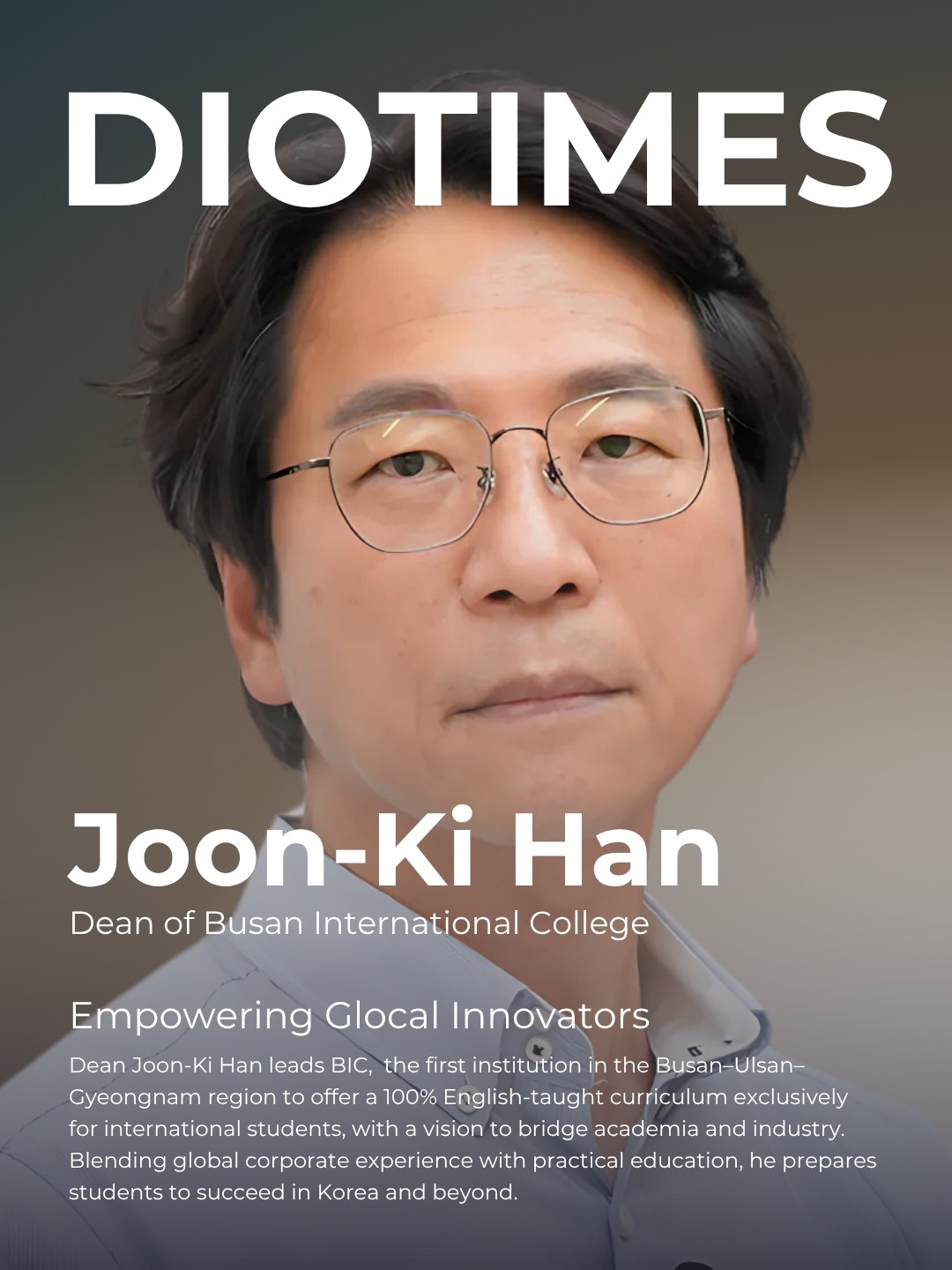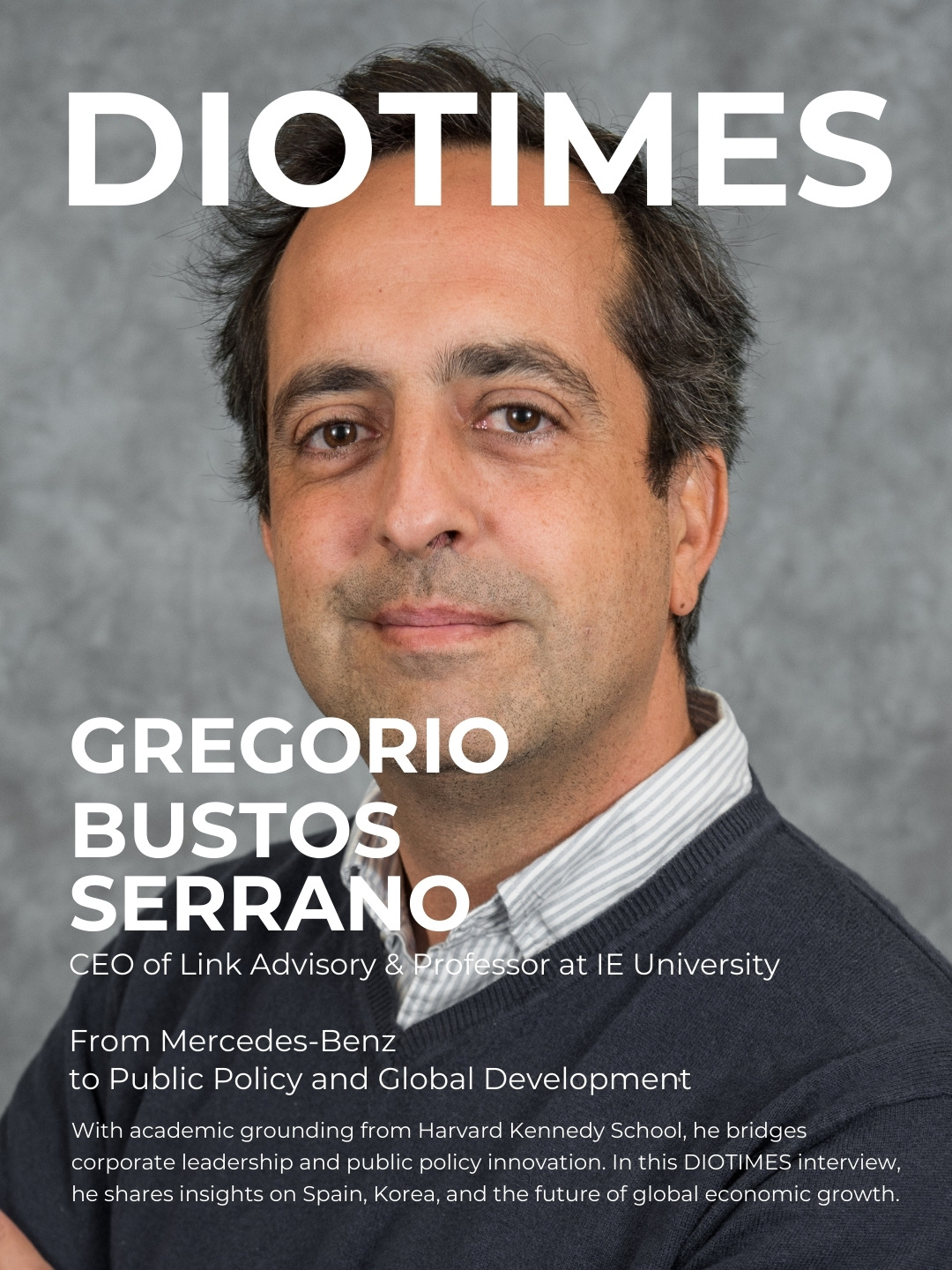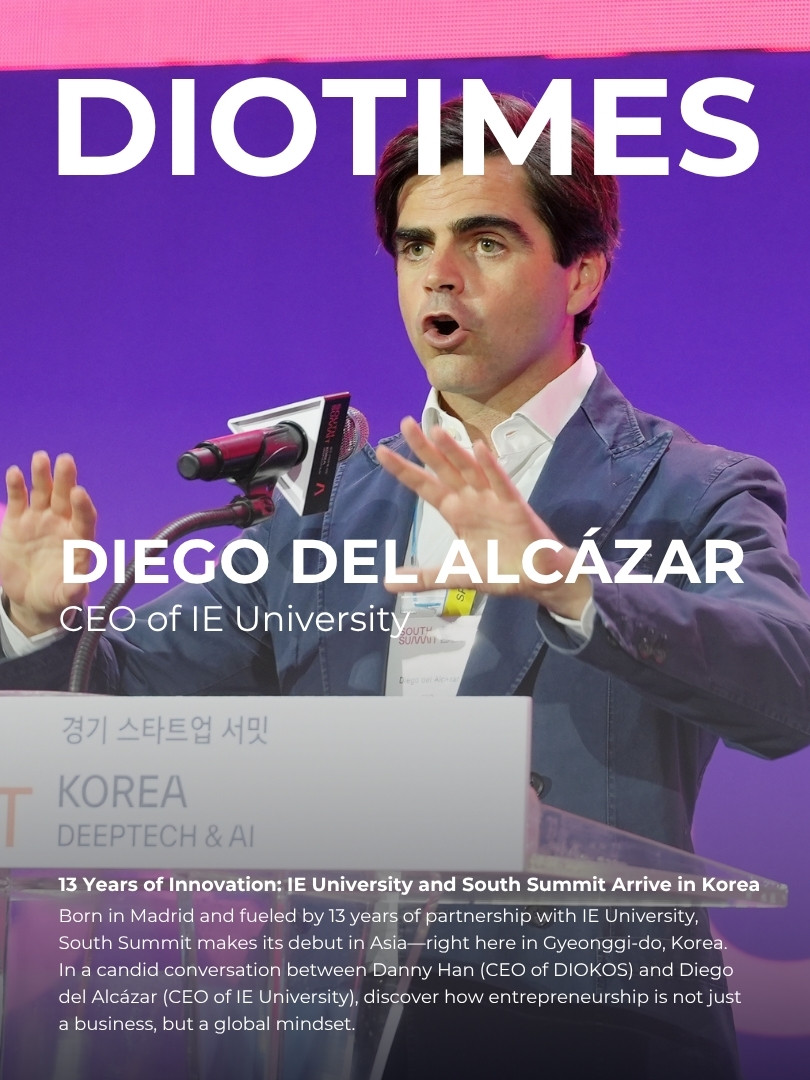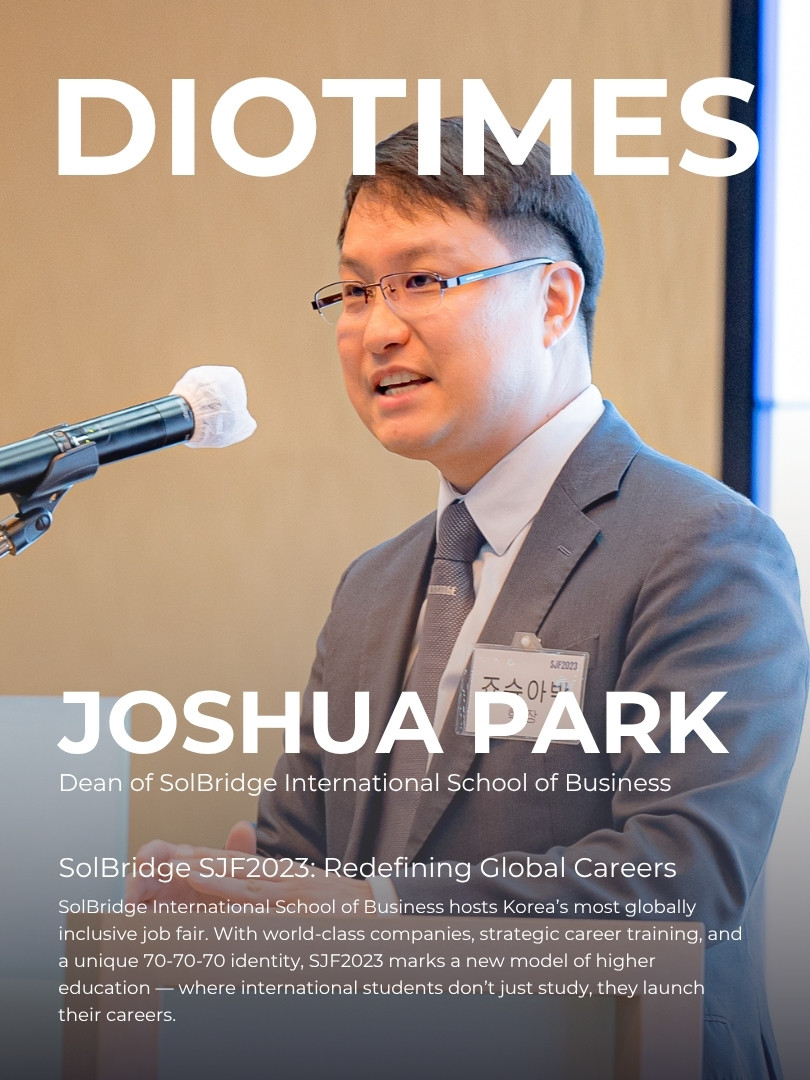It has been 35 years since I received what I still call “My Father’s Career Notes.” I was then a young second lieutenant in the Korean Army, heading to my first assignment at a frontline unit in the dead of winter. My father, himself a former army officer, handed me a handwritten memo containing seven principles—his way of guiding a son about to face the world.
At that moment, the words seemed ordinary. But after more than two decades of building a career across top Korean conglomerates and leading global multinationals, I now recognize how profound those “simple” notes were. Few professionals I’ve met, even those earning multi-million-dollar salaries, consistently embody these seven principles. For me, they have become timeless lessons in leadership.
The Original Notes: Seven Career Guidelines
Written in his elegant hand, my father’s memo included seven reminders:
Perform duties based on accurate judgment of the situation.
Check daily tasks thoroughly.
Understand and focus on the interests of superiors.
Maintain favorable relationships with peers.
Understand the mindset of subordinates.
Be modest and humble as a role model.
When uncertain, ask seniors and adapt to the environment.
At the time, I thought these were little more than common-sense reminders. Yet in practice, they proved to be a compass for navigating complex organizations and relationships.
Reframing as Core HR Competencies
Later, as I built a career in human resources, I reinterpreted my father’s seven principles into modern HR leadership competencies:
Balanced judgment and decision-making.
Efficiency in daily task operations.
Ability to prioritize and act for stakeholders.
Building trust and credibility.
Talent management through careful observation.
Integrity and humility.
Respect, communication, and a growth mindset.
These are not abstract theories—they are the very qualities organizations seek in leaders today.
Why Simple Principles Endure
What makes my father’s memo extraordinary is not complexity but clarity. Leaders today are often preoccupied with benchmarking success stories, adopting new trends, or seeking “special formulas” from multinational firms. Yet, when I am asked by executives and team leaders from Korea’s largest corporations how to strengthen performance management or career development, the real question is whether they consistently apply these everyday fundamentals.
Observing people carefully, giving fact-based feedback, investing in others’ growth, and modeling one’s own development—these are not glamorous but they are indispensable.
A Father’s Legacy
At 92, my father still lives with resilience and discipline. He never gave lectures; instead, he taught by example—stretching while watching TV, weighing himself every morning, walking an extra bus stop, and writing important messages in structured notes rather than speaking in nagging tones. His actions spoke louder than words.
As leaders today, perhaps our greatest responsibility is to create our own “career notes” for the next generation. In times of uncertainty, humility, respect, and communication are not optional—they are essential. Leadership is not about loud instructions but about quiet consistency, integrity, and guiding others through both words and example.


